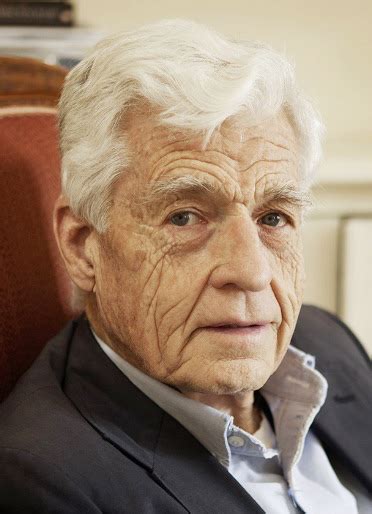A Quote by David Lammy
Courts are too distant from the communities they put on trial.
Related Quotes
Well, almost everything is open - the political documents, the (unintelligible) of cabinet meetings. What has been opened now and what had been closed are things that many governments still close, and that is police files and trial records, trial records of the special courts set up by Vichy. And especially interesting are the trial records of the Purge Trials after the war.
The Brer Rabbit ploy has been quite effective for me. When a country is talking about prosecuting me, I demand to be charged and put on trial and offer to pay my own airfare. They know that I'm going to bring a lot of international media with me and put their whaling programme on trial, and they decide it's better to keep quiet and do nothing.
We can't continue assuming that politics is something which is decided elsewhere by distant leaders in a distant capital. Protest is insufficient too. If people who are willing to put time into demonstrations also prove willing to work on behalf of candidates in local elections - or to become candidates themselves - they will achieve far more. If all of this upheaval provokes more involvement, then we have a slim chance of ending up with more vibrant democracies eventually. The alternative, as you've hinted, is that democracy fails altogether.


































